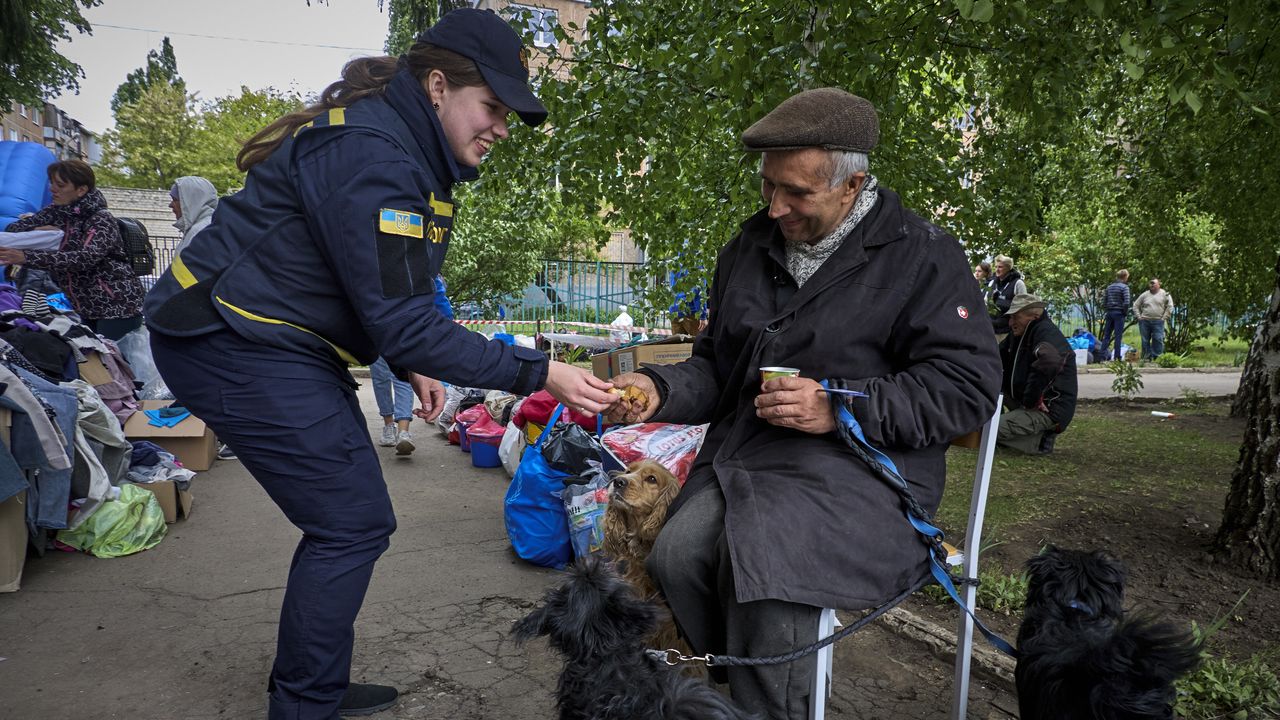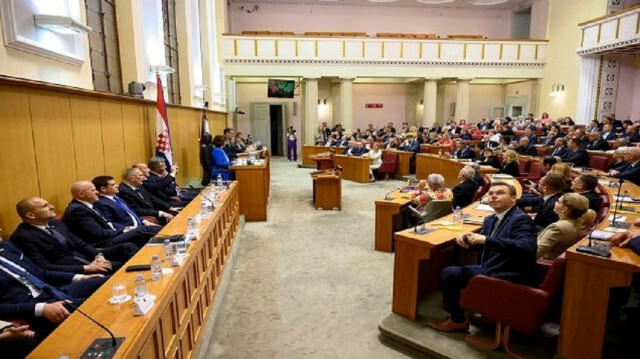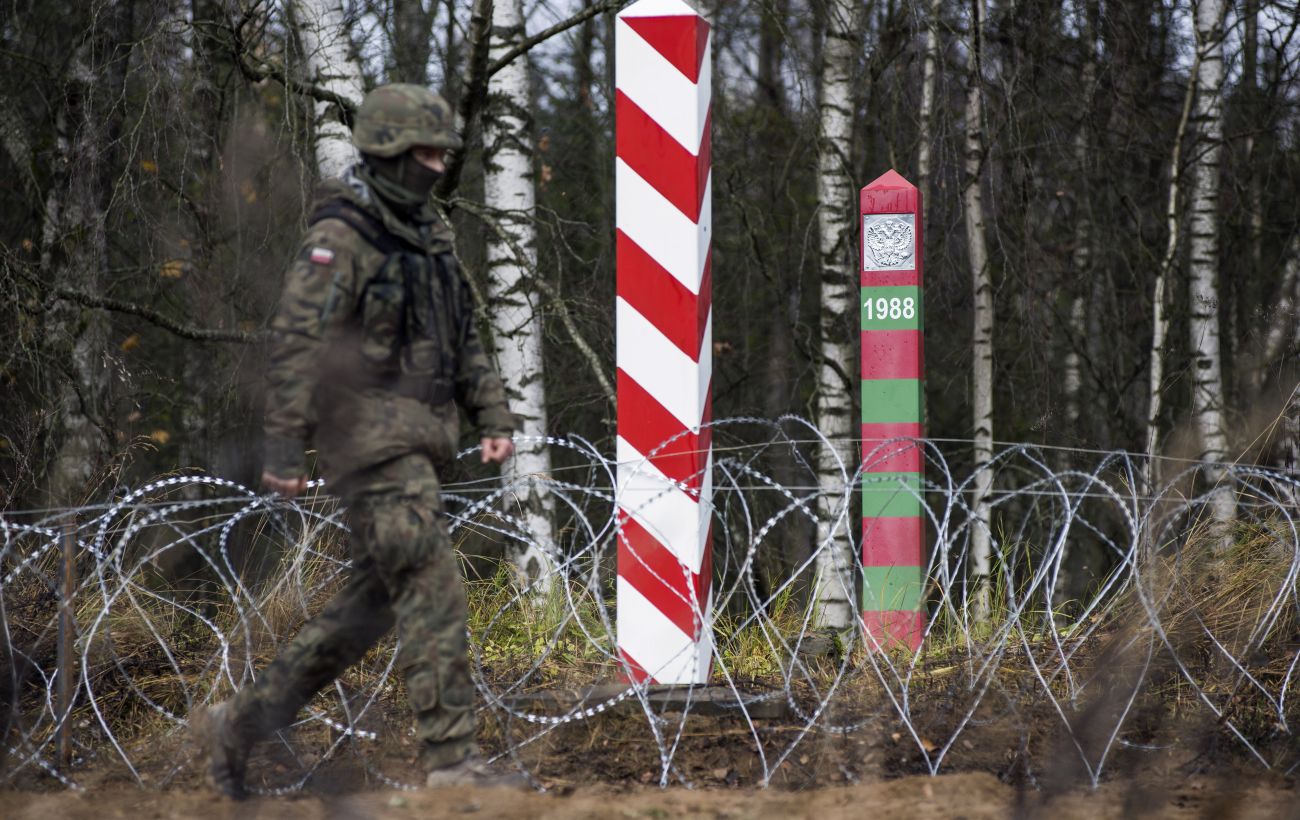Tension Rise as Israel and Hamas Approach Ceasefire
In the shadow of an ongoing conflict, Israel and Hamas near a crucial point in ceasefire negotiations amid escalations and civilian casualties, while the world watches with bated breath.
Published May 08, 2024 - 00:05am

Image recovered from iol.co.za
After weeks of tension and military escalations, the conflict between Israel and Hamas may be approaching a turning point, as both sides engage in ceasefire talks mediated by Egypt and Qatar. Despite a proposed truce, Israel has increased its military presence in Rafah, leading to significant bombardments and the potential for a ground incursion.
An AFP correspondent reported relentless overnight bombardment in Rafah, with a Kuwaiti hospital declaring that 11 people were killed, and many others wounded. The Israeli government has suggested that the ceasefire proposal falls short of their fundamental demands but is willing to participate in talks to explore all possibilities for an agreement.
In contrast, the Hamas leadership agreed to the proposed ceasefire, sparking celebrations among the citizens of Rafah who hope for an end to the seven-month-old war. Yet, discord remains as Israel continues its militaristic posture, seizing control of the Rafah crossing, signaling a possible strategy to leverage its position in the negotiations. The Israeli Prime Minister's office has branded Hamas's statements on the ceasefire as misleading, accusing them of diluting and changing the initially agreed terms, while still emphasizing their readiness to negotiate.
Meanwhile, the humanitarian impact of the conflict is deeply concerning. Civilian casualties rise as a staggering 29,000 deaths have been reported. Israel's military actions in Gaza, including cutting off the Gaza-Egypt crossing, have isolated the territory, exacerbating the humanitarian crisis. These developments coincide with indirect negotiations in Cairo, which Hamas considers the 'last chance' for the liberation of hostages held for months.
The international community, led by the US and inclusive of European governments, UN agencies, and various aid organizations, has warned that a broad military incursion into Rafah could precipitate an unprecedented humanitarian disaster. Concerns also mount over the large number of refugees in Rafah, and the distribution of humanitarian aid, which Israel alleges Hamas monopolizes.
Amidst these tensions, reports claim that Rafah is a strategic point for both sides due to the Philadelphi Route smuggling tunnels beneath the city. Control over these tunnels, which facilitate weapon and goods trafficking, is crucial for restoring order and preventing future conflicts. The Israeli government asserts that only through military pressure can Hamas be compelled to free hostages, although the success of such strategies remains uncertain.
The delicate nature of the ceasefire talks between Israel and Hamas, brokered by Egypt and Qatar, underscores the volatility of the situation. While the ceasefire could offer a respite from the violence that has weighed heavily on civilians, the stakes remain high. The presence of international mediators is a key factor in maintaining the diplomatic channels open, although past efforts have been thwarted by persistent distrust and abrupt escalations.
Within Israel, public opinion is divided. Some support aggressive military measures to ensure security and disincentivize future attacks by militant Palestinian factions. Others, especially within affected communities and human rights organizations, advocate for a more restrained approach that would minimize civilian harm and lay the groundwork for sustainable peace. The Israeli military is thus walking a tightrope, balancing operational objectives against the pressure from various advocacy groups.
Hamas, recognized by many countries as a terrorist organization, governs the Gaza Strip and remains a key player in the conflict. Hamas's acceptance of the ceasefire suggests a potential pivot toward diplomatic resolution, yet its history of armed conflict raises questions about its commitment to lasting peace. The situation is further complicated by internal Palestinian politics, with the Palestinian Authority and other factions watching the outcome of these negotiations with vested interest.
The humanitarian situation in Gaza is dire, with infrastructure in tatters and essential services disrupted. The UN Office for the Coordination of Humanitarian Affairs (OCHA) has reported on the detrimental impact of the blockade and repeated hostilities on the welfare of Gaza's population. Unemployment rates are sky-high, medical facilities are overwhelmed, and electricity is scarce. In such a context, the distribution of humanitarian aid becomes a hot-button issue, not just for Israel and Hamas, but also for the international organizations that strive to alleviate suffering on the ground.
Diplomatic efforts are further complicated by regional dynamics. Countries across the Middle East are monitoring the situation closely, gauging the implications it may have on broader geopolitical alignments and their own security. For Israel, strong relationships with Egypt and improved ties with several Gulf states present an opportunity to isolate Hamas politically. However, such maneuvers are delicate. They require balancing regional cooperation with the imperatives of domestic politics and security concerns.
For Rafah's residents, the escalation and potential for an Israeli ground incursion exacerbate an already tenuous existence. The toll on mental health and community well-being is substantial, with families having endured numerous conflicts. The recovery process, should a ceasefire take hold, will be long and fraught with challenges, as civilians bear the scars of the conflict both physically and emotionally.
International observers and human rights groups continue to emphasize the importance of adhering to international humanitarian law. They highlight the principle of proportionality in the conduct of hostilities and urge all parties to protect civilian life and infrastructure. Accountability for alleged war crimes committed by either side remains a contentious and unresolved issue, with repeated calls for independent investigations and justice for victims.
The coming days are critical in shaping the future of Gaza and the Israeli-Palestinian conflict. As negotiations unfold, the world watches, hoping for a resolution that brings lasting peace to a region long-stricken by violence. The path to peace is fraught with obstacles, but the cost of continued conflict is far too great for all involved to ignore the urgency of finding common ground.







